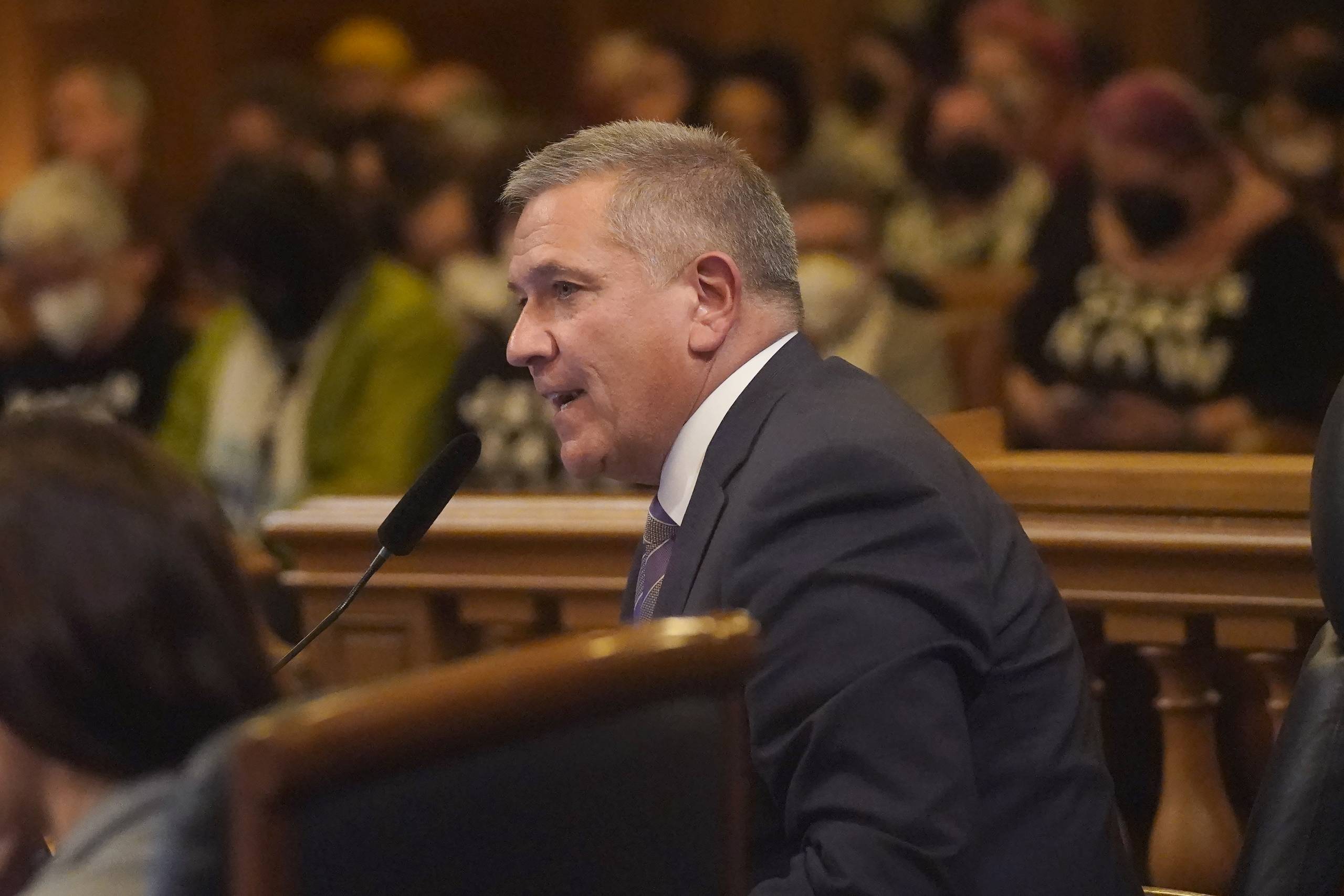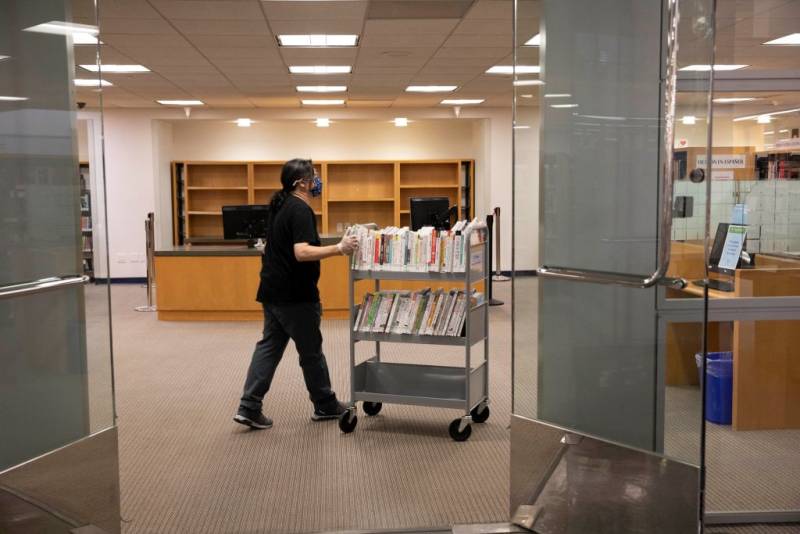The most stolen books from San Francisco public libraries’ shelves are not the hottest new novels or juicy memoirs; they are books about recovering from addiction. Now, city officials want to provide universal access to free drug recovery books, including Alcoholics Anonymous’ 12-step recovery book.
San Francisco City Supervisor Matt Dorsey on Tuesday introduced legislation to expand a pilot program to distribute addiction recovery books for free at the city’s 28 public libraries. A record 806 people died of a drug overdose in the city last year.
If approved, San Francisco would be the first city in the nation to do so as communities coast to coast confront an unprecedented fentanyl crisis.

The library launched a pilot program last April to distribute such materials at the main library and two branches. Since then, they have distributed more than 3,200 books about beating addiction.
City librarian Michael Lambert said the library has spent about $40,000 on the pilot program so far.
“The city and county of San Francisco, like many urban environments, is seeing a lot of individuals who are struggling with addiction, substance abuse disorder, so we recognize there was an opportunity for the public library to do our part,” he said.
Lambert said the three libraries in the pilot program have about 75 substance use recovery books available at any given time. The two branches ask for more every few months, but the main library has to replenish them every six weeks.
The main library is near the city’s Tenderloin and South of Market neighborhoods, which are rife with public drug use and dealing and are frequented by unhoused people looking for a safe space.
